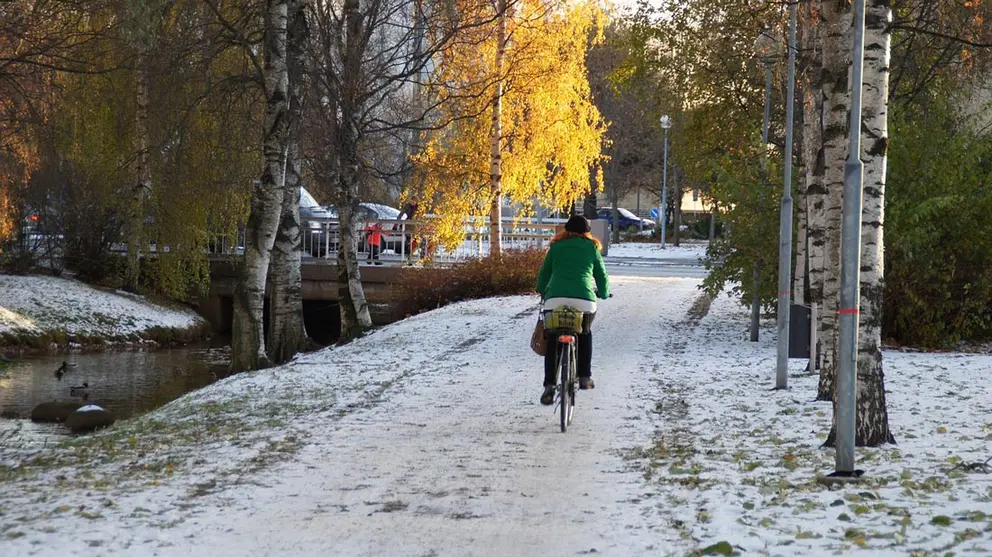Most Finns are not people who stand out for an intense social life. At least not in the eyes of the immigrant population. And the coronavirus (koronavirus, in Finnish) pandemic with all its restrictions and limitations on the movement of people has accentuated this lack of interpersonal contacts.
According to a survey commissioned by the Finnish Institute for Health and Welfare (THL), in April, during the validity of the exceptional restrictions imposed in the midst of a state of emergency "Finns met on average 75% fewer people than usual." The primary purpose of the survey was to investigate the pattern of social contacts essential for transmission of the Covid-19.
During the week of the study, adult Finns had approximately 2.5 social contacts per day. The majority of respondents (78%) said they met three people or less.
In the oldest age group of the study, 70-79 years, the number of daily contacts was only half of that of working-age people.
THL says there were no differences in the number of contacts between the different sexes. On average, there were 0.78 skin contacts per day, including hugs or kisses.
In Uusimaa, the number of all contacts was almost 15% lower than in the rest of the country.
A significant decrease
The data from the new study were compared with the results of the Polymod study carried out in 2005 under normal conditions. The average number of meetings was now 75% lower than in the previous research. Both studies were carried out similarly, which makes it possible to compare the results, THL says.
The number of skin contacts decreased the most in the 70–79 age group and the least in the under 10 age group. The elderly had reduced their skin contacts the most, by up to 85%.
"In April, the effective reproduction number of the coronavirus was under one in Finland. The decrease in contacts observed in the study explains very well why the epidemic was slowing down," said Professor Kari Auranen who is responsible for the study.
People from all over Finland asked
The survey was carried out by Taloustutkimus on 21–25 April. In total, 1,175 people aged 18-79 from all over Finland took part. In addition, information was received from 165 children living in the same household with the respondents.
The survey asked how many people the respondents met during one weekday and how old the people met were.
A contact was defined by the respondent having exchanged at least a few words closely with the person they encountered. Every person met was counted only once. The survey also asked whether it was a skin contact or a close contact related to for example sports.











